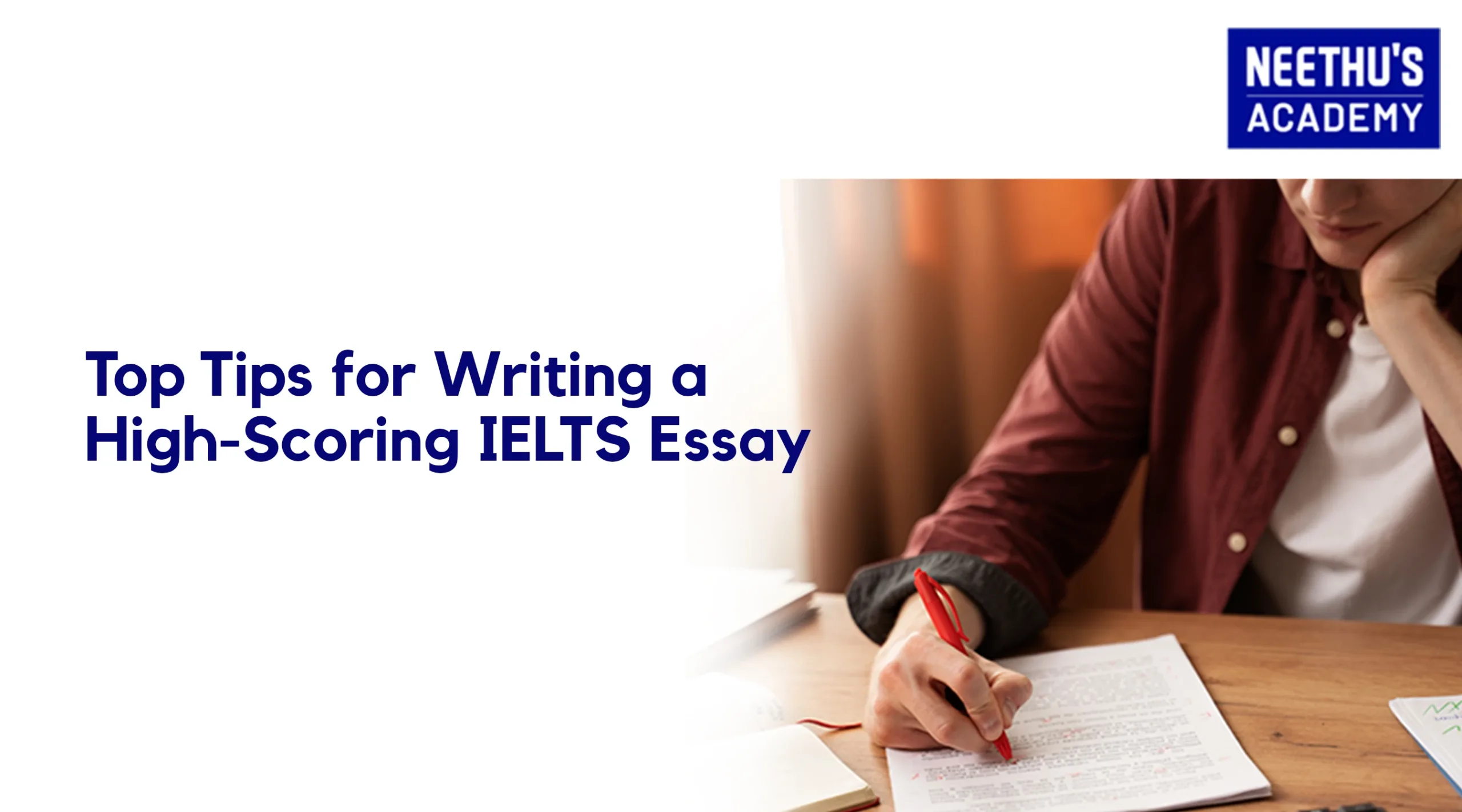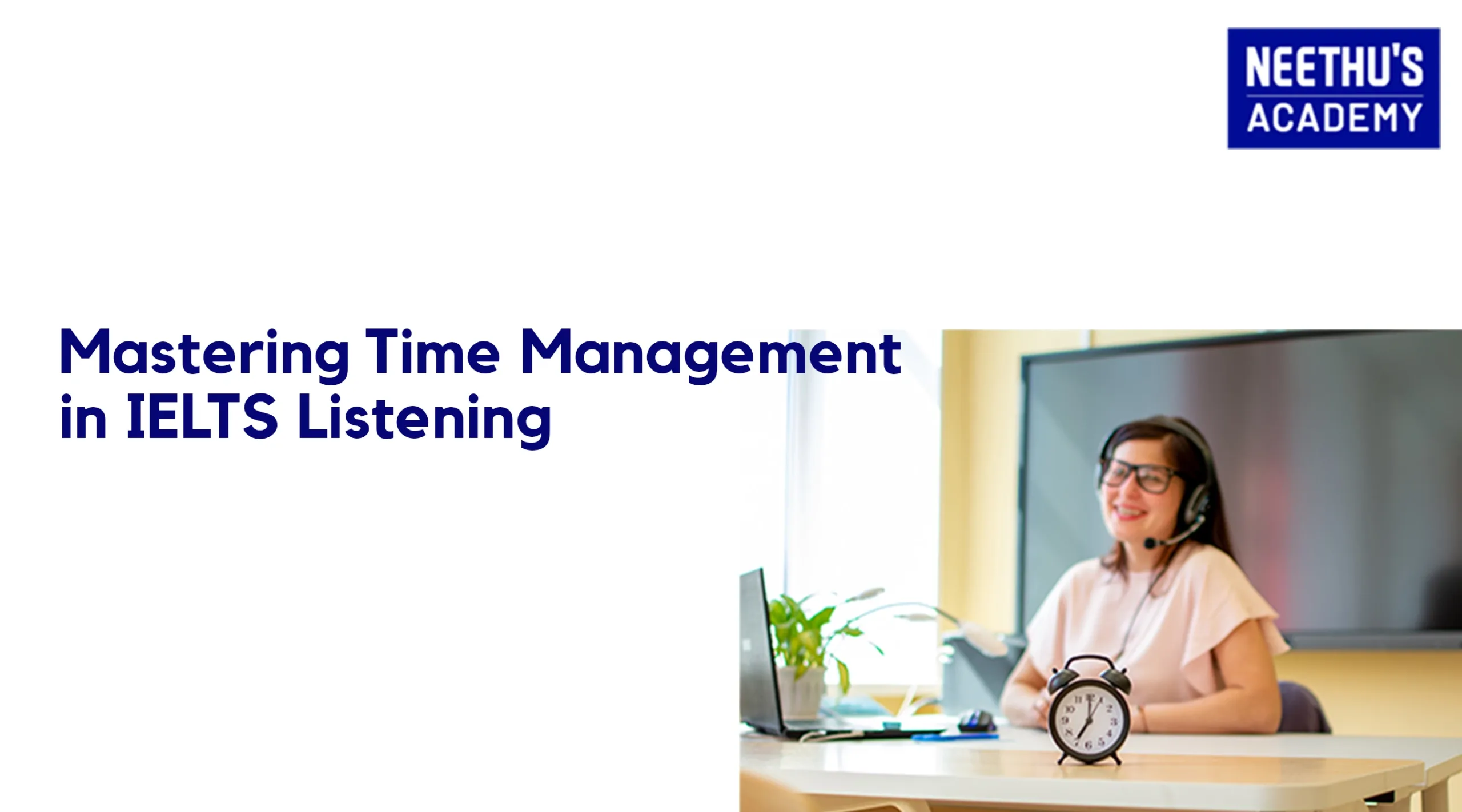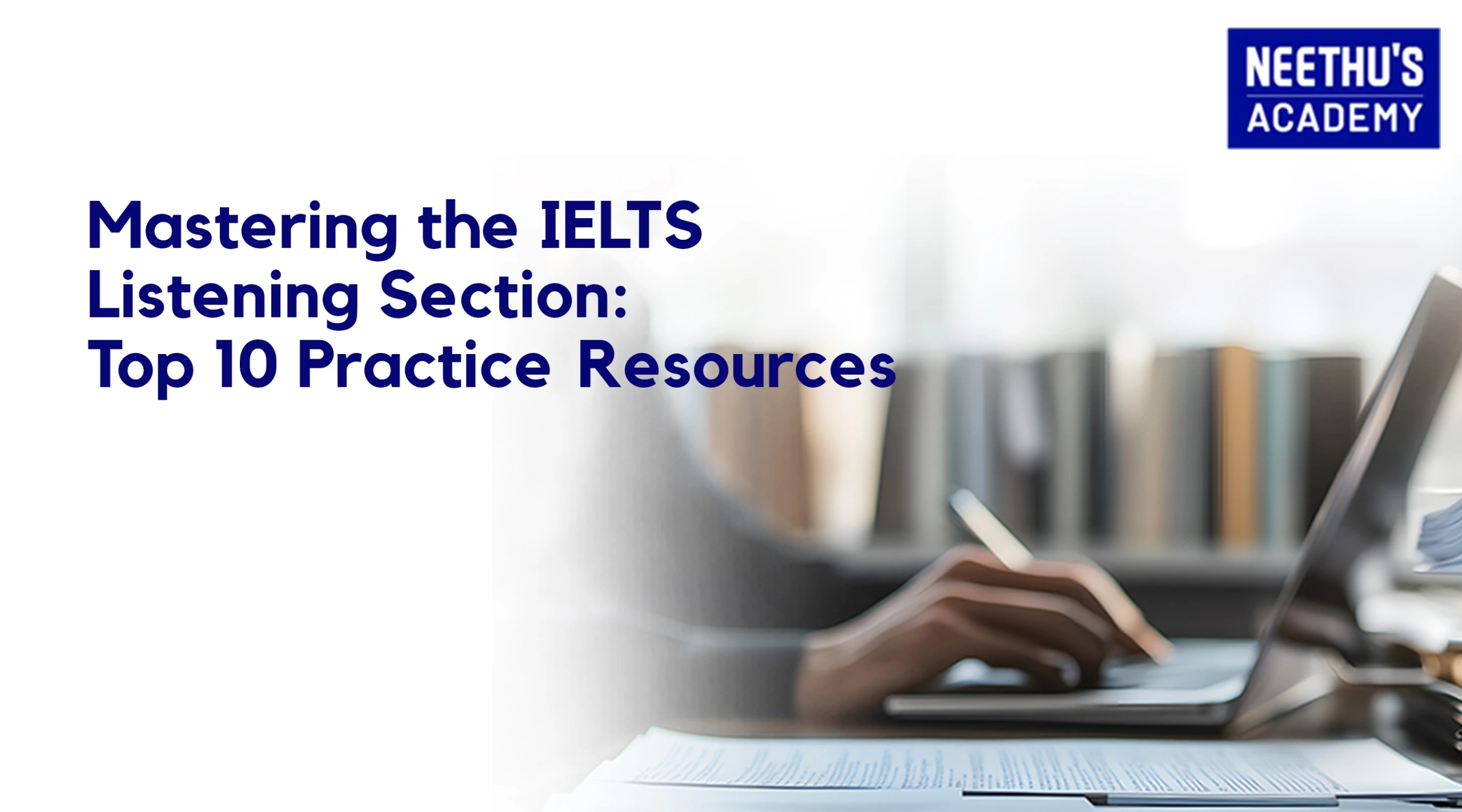IELTS Reading Tips: Tactics for a Good Band Score
Preparing for the IELTS can be overwhelming with all the different sections, but especially so when it comes to reading. But don’t worry, though – you’re not alone! Many test-takers feel the same way.
The International English Language Testing System (IELTS) is a globally recognized examination that evaluates the English language skills of non-native speakers. It has four parts – Listening, Reading, Writing, and Speaking – and among them, Reading is considered difficult as it tests comprehension skills.
In addition, doing well in this section is important because it contributes significantly to the overall band score, which may affect one’s educational or career opportunities. This blog post will give you a detailed overview of the effective IELTS reading tips for achieving a high band score in the IELTS Reading section.
Understanding the IELTS Reading Test
Below is the tabular representation of the format of the IELTS reading test.
| Component | Academic Reading | General Training Reading |
|---|---|---|
| Number of Sections | 3 | 3 |
| Number of Questions | 40 | 40 |
| Number of Passages | 3 long texts | 3 sections: 2-3 short texts and 1 long text |
| Time Allowed | 60 minutes | 60 minutes |
| Text Types | Long-form articles from magazines, books, journals, and newspapers | Extracts from newspapers, notices, advertisements, books, magazines, company handbooks, and guidelines |
| Question Types | Multiple choice, identifying information, matching information, headings, features, sentence endings, summary completion, sentence completion, short-answer questions | Multiple choice, identifying information, matching information, headings, features, sentence endings, summary completion, sentence completion, short-answer question |
Top Tactics for Improving Your IELTS Reading Score
Here are some easy tips and tricks for IELTS reading score improvement.
1. Skimming and Scanning Techniques
Skimming and scanning are necessary skills for quickly finding information within a passage. Skimming means reading through a text quickly to understand its overall idea, while scanning involves looking for particular information like dates, names, or keywords.
You can practice these techniques by reading a passage’s title, headings, and subheadings to know its structure and main points. Then try scanning by identifying keywords in the questions and finding them in the text.
2. Reading for Detail
While skimming and scanning help you find information fast, reading for detail is vital when it comes to answering accurately. This means reading only relevant parts of the text that provide the context and meaning needed for understanding what is asked in each question type.
You can enhance this skill by trying shorter passages which require closer attention to details as well as nuances while summarizing them using your own words.
3. Managing Time Effectively
Proper time management is crucial during the IELTS Reading section, where 60 minutes are allocated for reading three passages and answering 40 questions. Therefore, spend no more than 20 minutes on each passage. Also, if stuck on a difficult question, move on but come back later when there will be enough time left. Timed mock tests should be used during practice sessions because they help to build speed as well as confidence when taking real exams.
4. Vocabulary Skills
Having a strong vocabulary is unquestionably a must-have for understanding various types of long passages found in the IELTS Reading section. You can boost your vocabulary by reading English newspapers, magazines, and books daily. Additionally, create a vocabulary journal to note down new words and their meanings, and practice using them in sentences to improve your learning.
5. Practice Exercises and Mock Tests
Consistent practice is the key to success when it comes to the IELTS Reading section. Therefore, use IELTS practice books alongside online resources that offer exercises covering all question types in this section. Also, try to solve questions within the stipulated time by taking full-length mock tests. Through this approach, you will get familiarised with the test format, which will improve your reading speed.
Common Mistakes to Avoid
Here are some potential mistakes that can lower your score.
- Missing Instructions: Not following all the given instructions, like exceeding the answer word limit, may lead to overall marks deduction.
- Misinterpreting Questions: Not understanding what the question is asking about might also increase your chances of scoring low in examinations.
- Lack of Focus on Details: Failure to pay attention to key points in the text can make you give wrong answers, especially for True/False/Not Given questions.
To avoid these general mistakes, always read the instructions carefully so you know what each question expects from you. Additionally, practice with different types of questions so that you become familiar with them and develop strategies for approaching them effectively.
Final Thoughts
To sum up, getting a good band score in the IELTS Reading section usually needs a combination of strategic reading strategies, practical time management, and consistent practice. Remember, the key to success is not just hard work but smart work—using suitable reading tips for IELTS and consistent practice regularly to boost your confidence and proficiency.
Frequently Asked Questions




